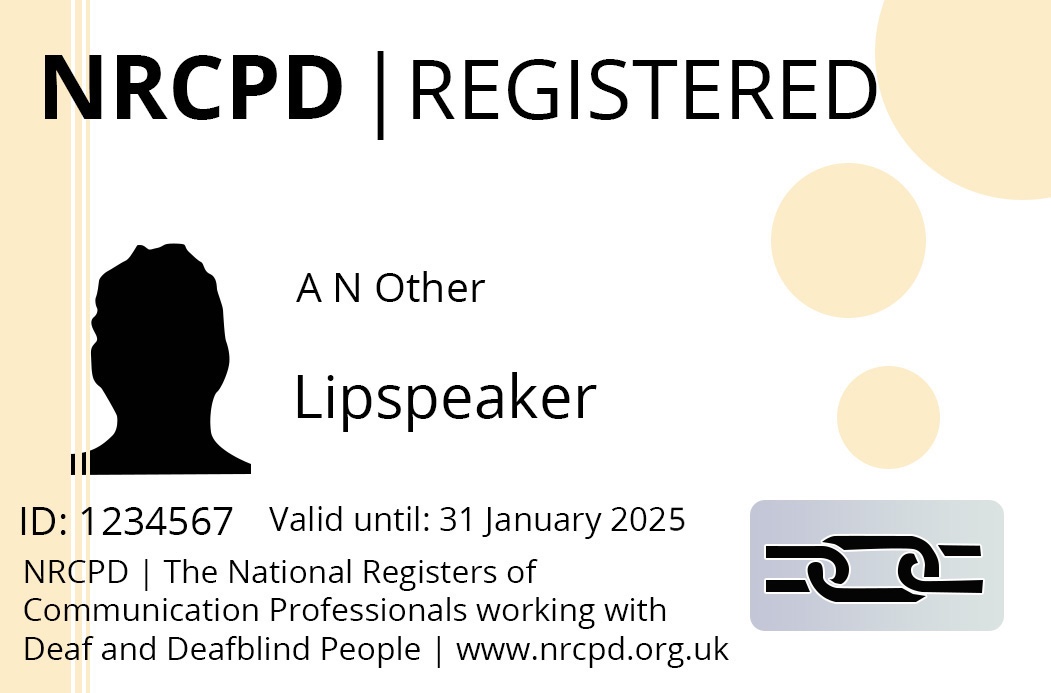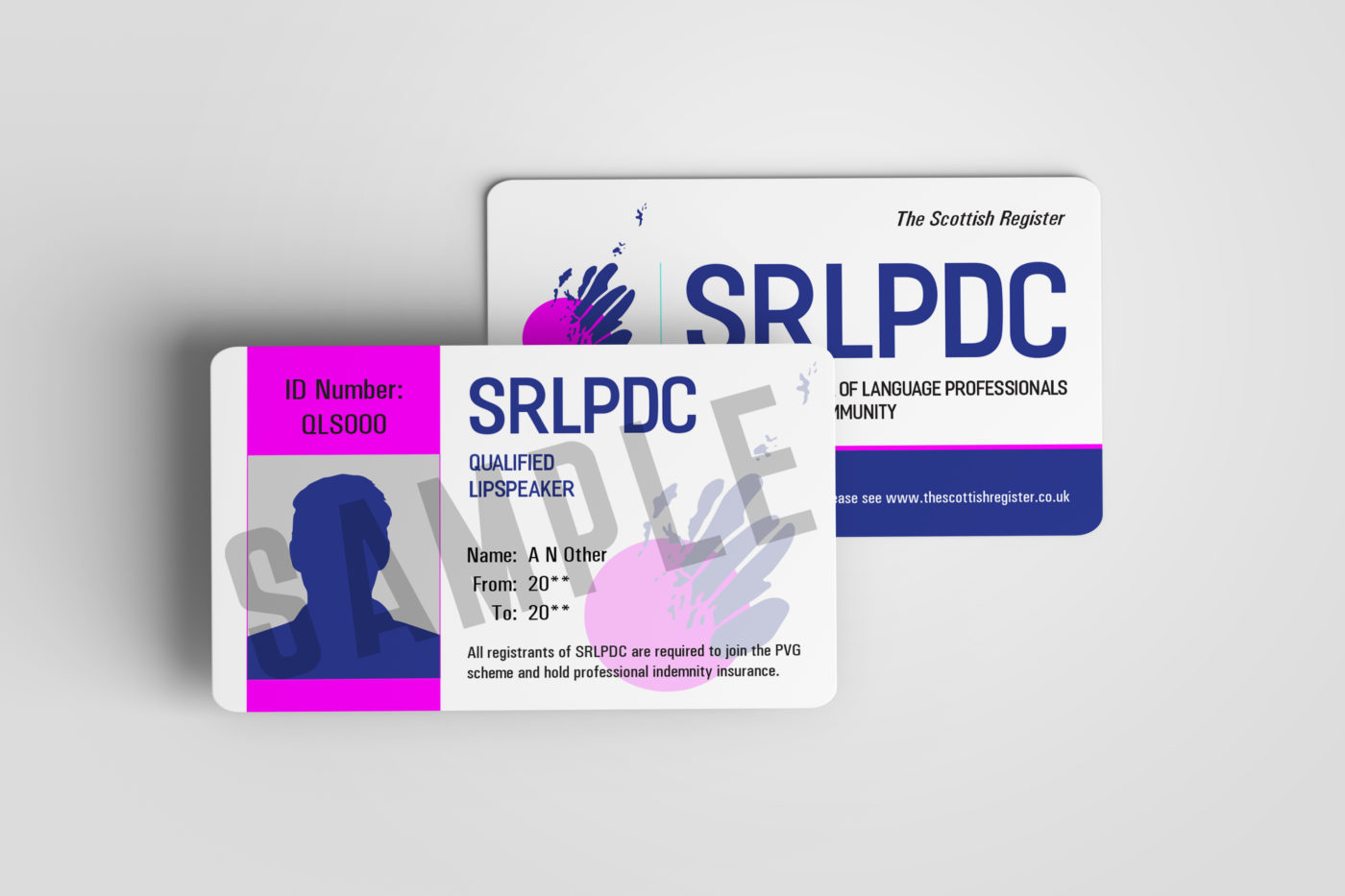Menu
A ‘Lipspeaker’ is a hearing person who has been professionally trained to be easy to lipread. Lipspeakers reproduce clearly the shapes of the words and the natural rhythm and stress used by the speaker. They also use facial expression, gesture and, if requested, finger spelling, to aid the lipreader’s understanding. This practise is known as ‘Lipspeaking’.
Some lipspeakers have additional British Sign Language (BSL) skills and can offer lipspeaking with additional sign support, if requested by the lipreader.
Photo credit: Steve Murigi
All of our lipspeakers are qualified and registered with The National Registers of Communication Professionals working with Deaf and Deafblind People (NRCDP). They follow a Code of Conduct, have an up to date Disclosure and Barring Service (DBS), hold Professional Indemnity Insurance (PII) and are subject to a complaints procedure.


Some of our lipspeakers are also registered with The ‘Scottish Register of Language Professionals with the Deaf Community’ (SRLPDC). They follow a Code of Conduct, have an up to date Disclosure and Barring Service (DBS), hold Professional Indemnity Insurance (PII) and are subject to a complaints procedure.
